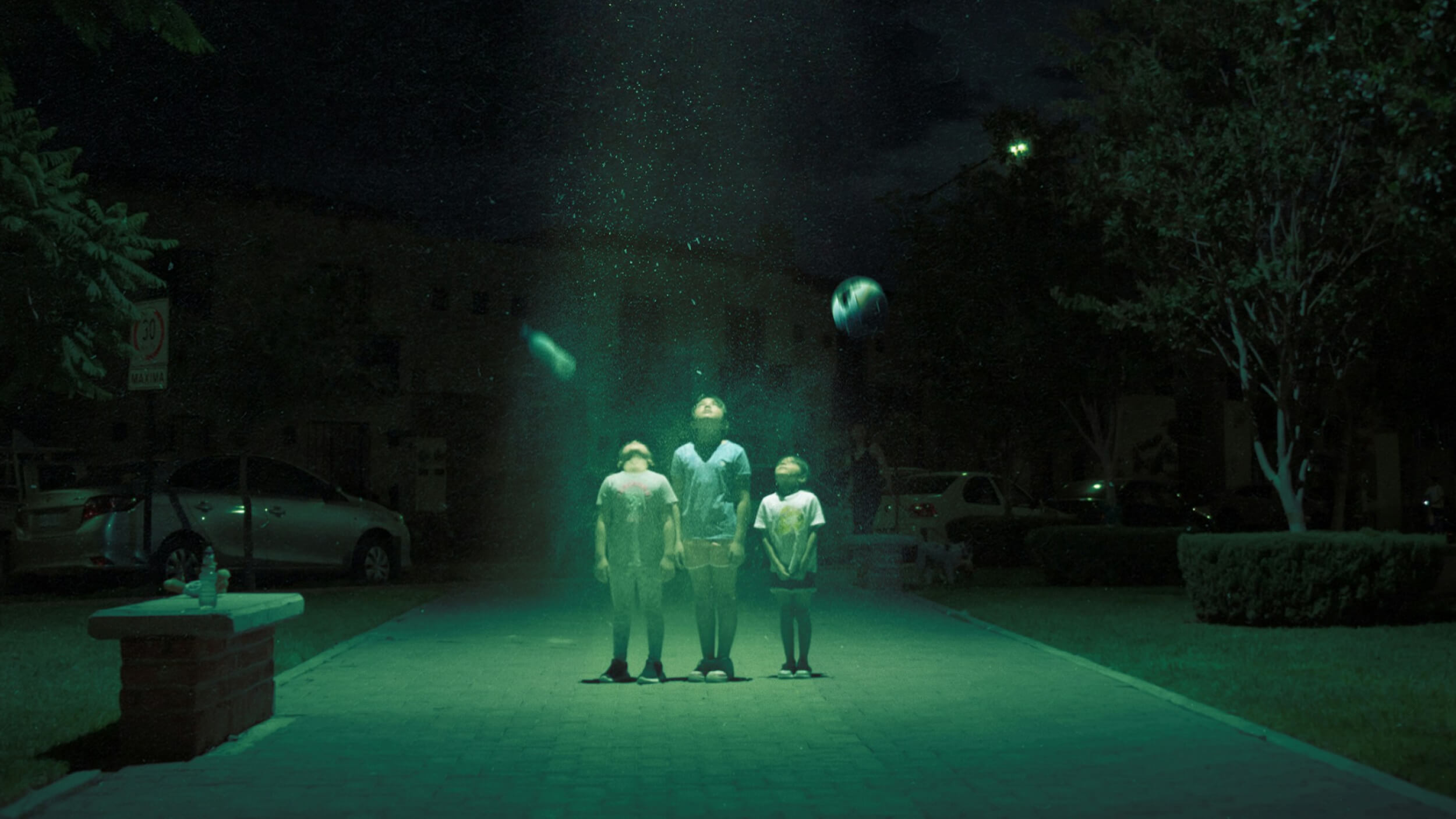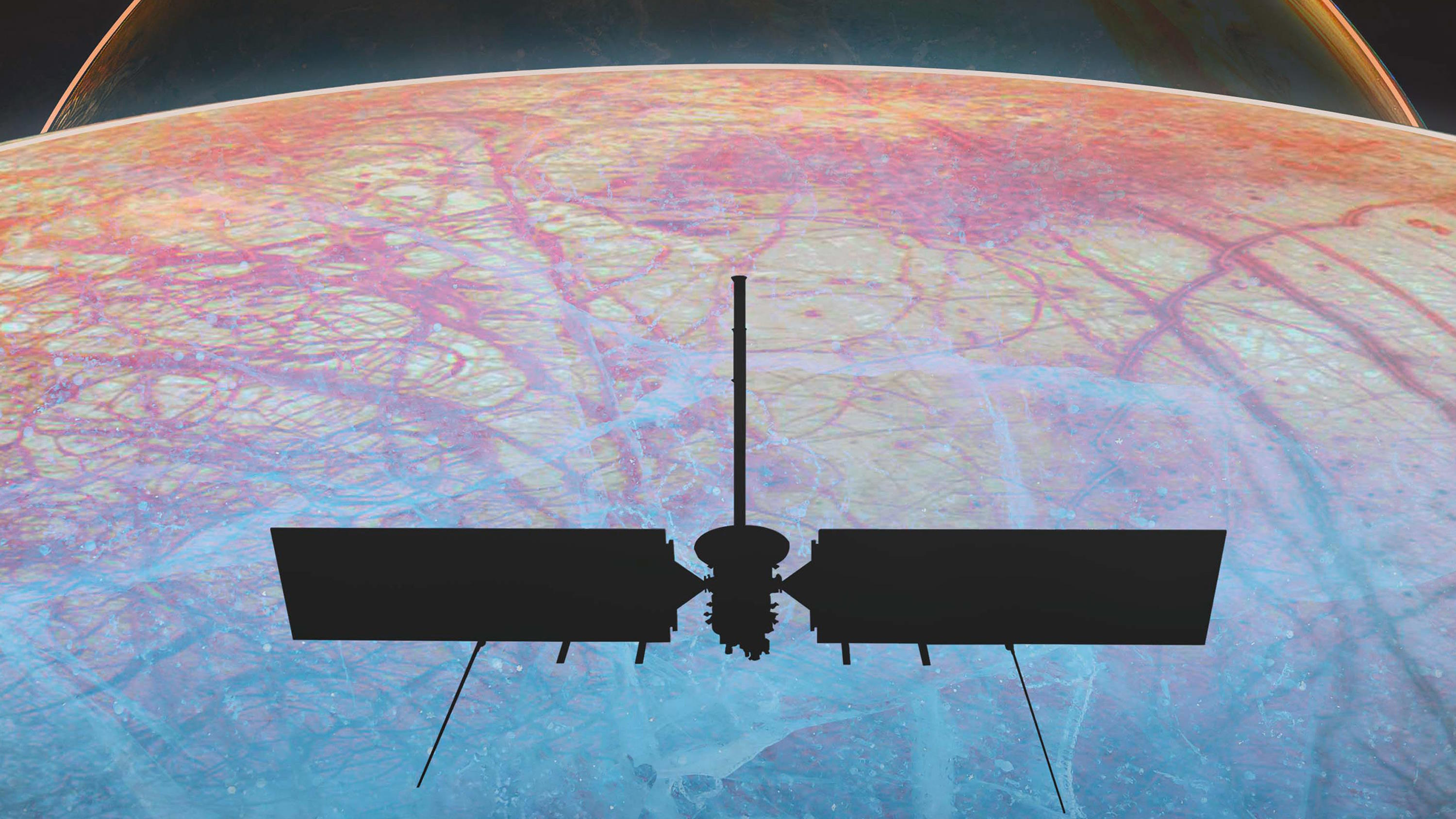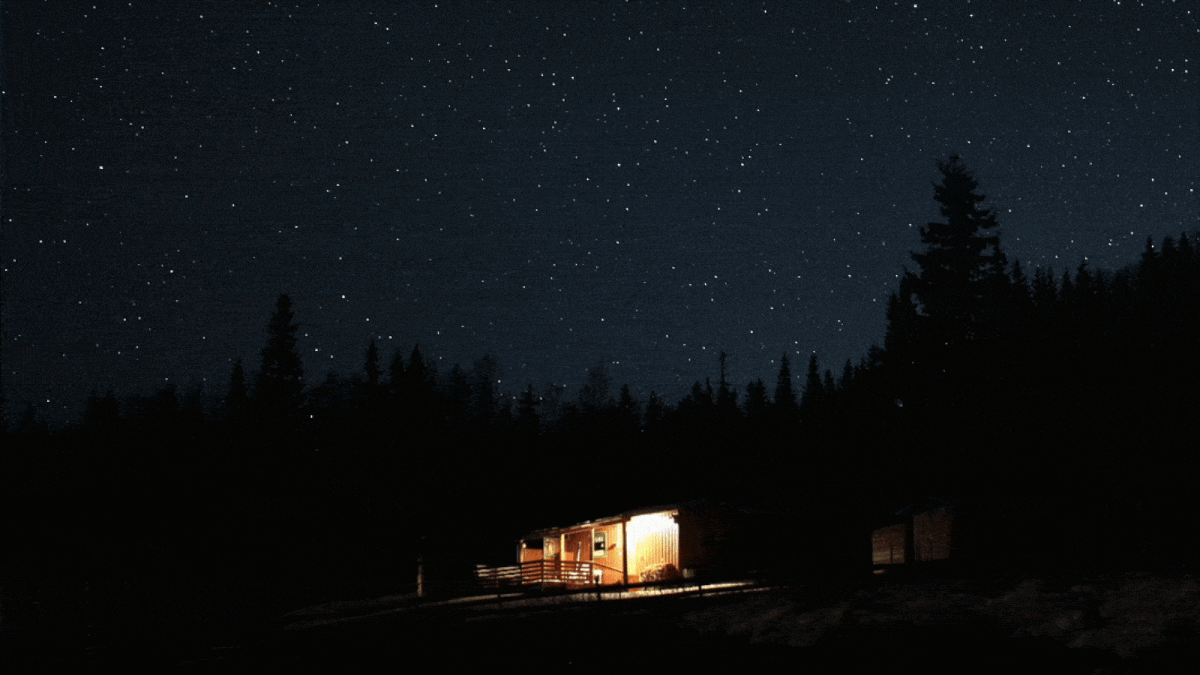Bill Nye: Well, that’s just like, just like StarTrek. Everybody speaks English very well. Sometimes they have accents, but . . .
We think we know how we came to be here on our world. We’ve studied this. How did you come to be? What are you doing here? We’ve worked for millennia - or many, many orbits of the sun - to reach this level. We believe that we came to be about a hundred thousand orbits ago and that life itself started on our world about three billion orbits ago. When did life start on your world?
And let me say, that’s a nice hat.
And then he or she would say, “It’s my helmet, it’s my space helmet, because your atmosphere is just—it’s no good for me.” And so on . . .
I’d want to know where they came from. I’d want to know why they wanted—what were they doing asking me what I was doing? It would be great to know, though, we’re not alone. That would be a heck of a thing. It would change the world.
Directed / Produced by
Jonathan Fowler & Elizabeth Rodd
Bill Nye, scientist, engineer, comedian, author, and inventor, is a man with a mission: to help foster a scientifically literate society, to help people everywhere understand and appreciate the science[…]
▸
3 min
—
with
Related
Recent controversies bode ill for the effort to detect life on other planets by analyzing the gases in their atmospheres.
Here’s the dark side of first contact.
Could life be widespread throughout the cosmos, in the subsurface oceans of ice-covered worlds? NASA’s Europa Clipper mission investigates.
Although a great many unidentified sights have been seen in the skies, none have conclusively demonstrated the presence of aliens. So far.
Life arose on Earth early on, eventually giving rise to us: intelligent and technologically advanced. “First contact” still remains elusive.






